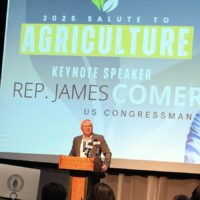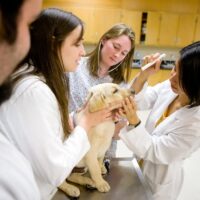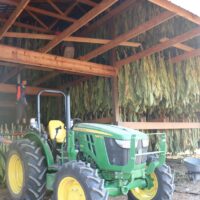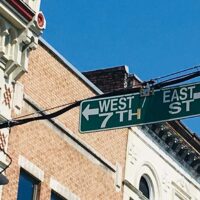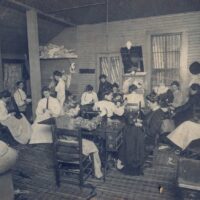The word pollinators is popping up on a regular basis in magazines and news feeds. These insects, especially native bees, are critical to our food supply. However, with the increase in development, the habitat for these tiny creatures, which pollinate 87.5% of all plants, is rapidly decreasing.
The Christian County Master Gardeners are working to increase pollinator habitats one backyard at a time with Dr. Doug Tallamy’s philosophy of a Homegrown National Park.
Tallamy’s recent book, “Nature’s Best Hope: A New Approach to Conservation that Starts in Your Yard,” sets an easy process for private and public property owners to play their part in increasing pollinator habitat.
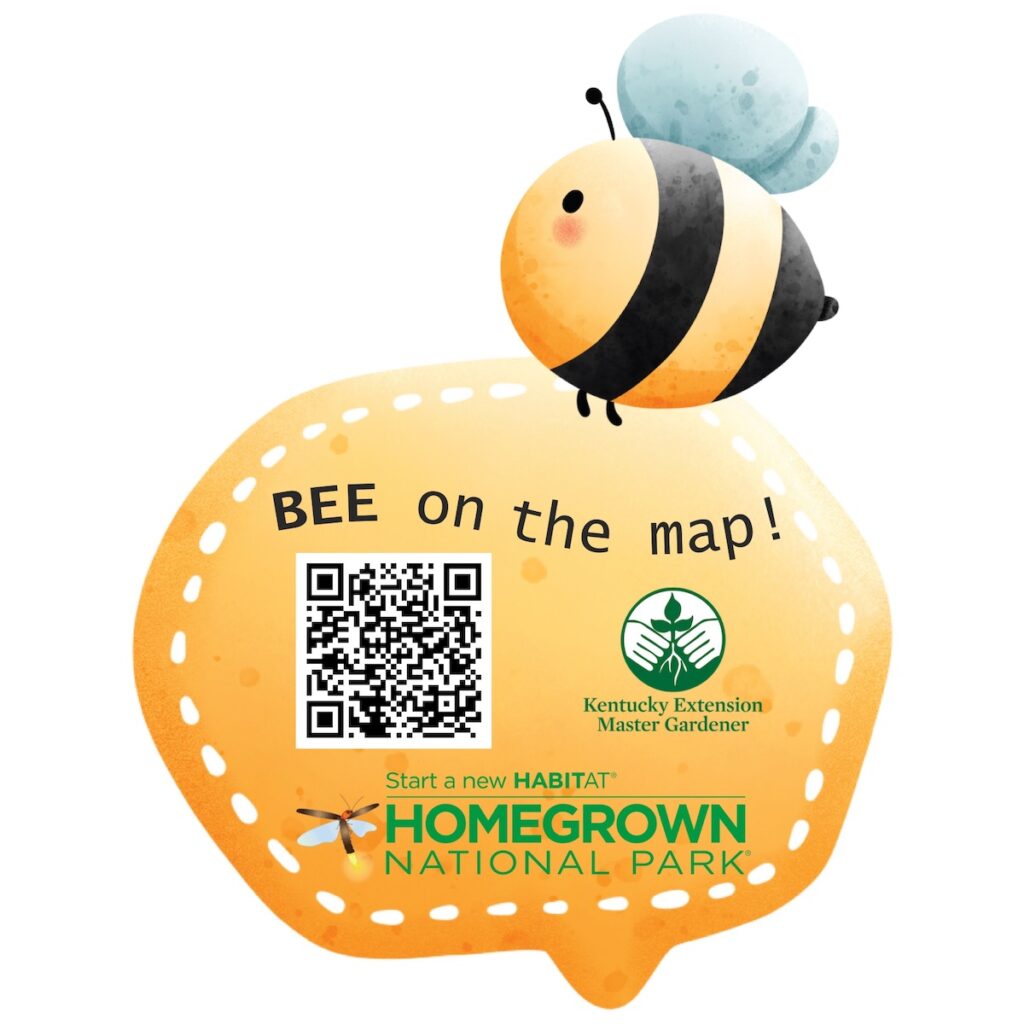
Private property owners control 78% of the country’s land and play a critical role in growing Homegrown National Park to 20 million acres, more acreage than 15 of our most significant national parks combined.
Everyone with as much as a sunlit balcony can pitch in for pollinators by including what Tallamy calls Keystone native plants in their landscape. These plants that attract the most pollinators are very common and easy to add to new or existing gardens.
The Christian County Master Gardeners set a goal of adding 100 Christian County habitats to the Homegrown National Park map. Currently the group is getting the word out with programs for community groups, including Beer Garden-ing on May 14 at Hopkinsville Brewing Co. Container gardens at county buildings and a demonstration garden at the Pennyroyal Area Museum will contain Keystone natives and be part of the Homegrown National Park.
The big push begins at the upcoming Garden and Outdoor Living Expo on April 12 and 13 at the Christian County Agriculture Exposition Center, 2850 Pembroke Road. Homegrown National Park will be an educational session, and a display will explain how easy it is to get on the map.
Four local nurseries will have Keystone native plants for sale, and Master Gardeners will be at nursery open houses to answer questions and show how native plants can be used in the landscape and even container gardens. Visit with Master Gardeners at the Bloomery on April 20, Super Lawn and Garden on April 27, and the Country Barn on May 4.
Master Gardeners are providing each Homegrown National Park garden with a sign designating it as part of the pollinator effort. The sign provides a QR code that goes to the Christian County Homegrown National Park app, which has information about Keystone plants, pollinators and other tips.
Master Gardener advisor Kelly Jackson, Christian County extension agent for horticulture, noted the emphasis of the program is not about replacing existing landscape and going all native.
“It’s more about making room for just a few of these Keystone native plants, even incorporating them into existing plantings. Doing this will provide a nectar and pollen source for our declining populations of native pollinators.”
Toni Wilson Riley is a freelance writer and a retired Christian County Cooperative Extension 4-H Youth Development agent. She lives in Hopkinsville on a small goat farm.

